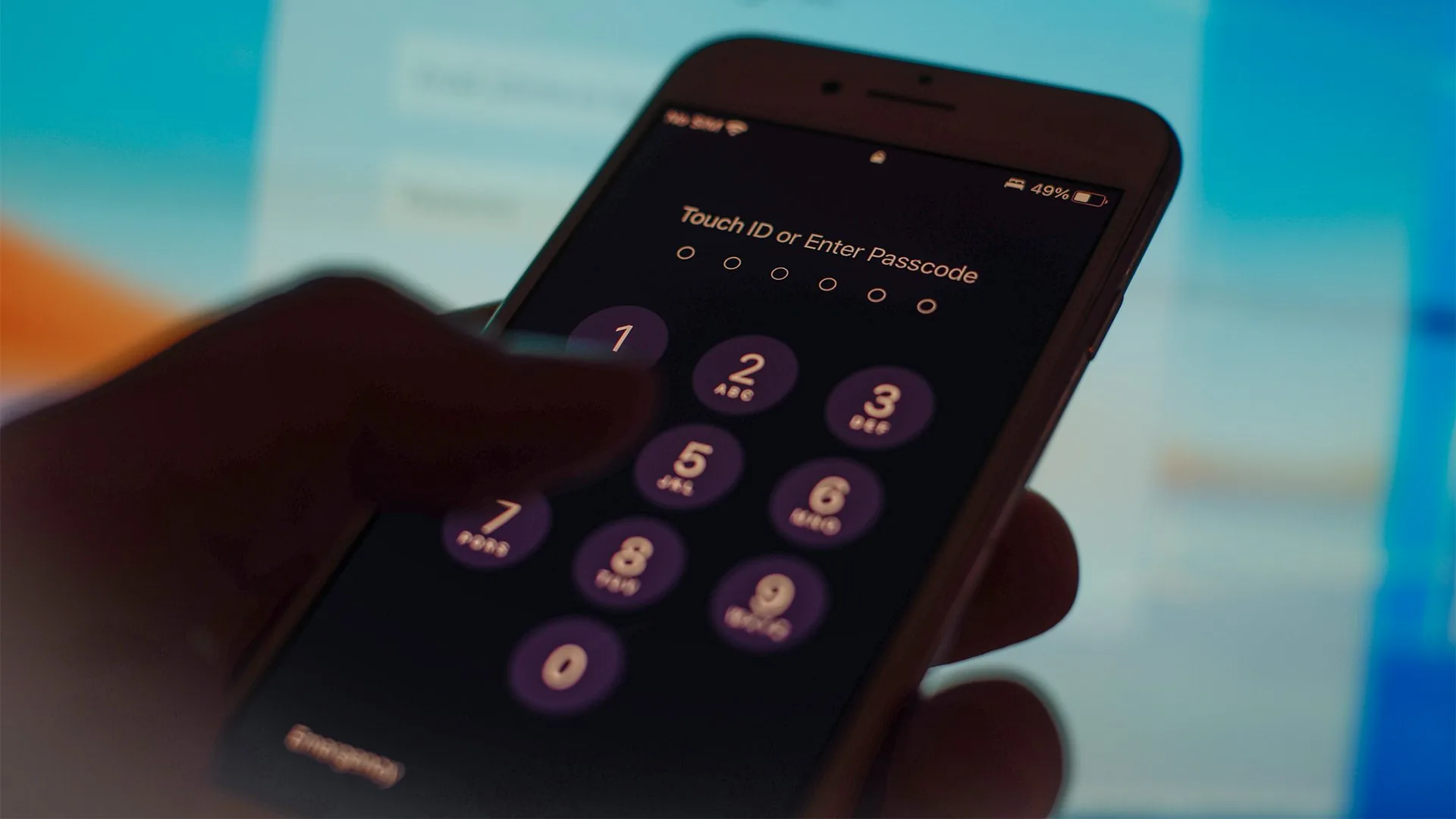'New AI update to lock phones will deter thieves'

Tyler was walking outside the Science Museum in South Kensington when his phone was snatched.
"I was just walking along with my headphones in, phone in my hand and they just drove past and yanked the phone out of my hand," he said.
"I was gutted. I realized it was truly gone once my music disconnected from my phone, from my headphones."
Having gone through this experience, he's welcoming new Google AI technology which he believes would have made "a massive difference" to him.
The new technology will automatically lock the screen if a phone is snatched, which Google says could help curb thefts.
Users will need to activate these new features on their phone settings to feel the benefit as they are disabled by default.
The new update to Android devices works by using AI and sensors to identify when a thief has grabbed and fled with a user’s phone and will lock the screen to prevent them from accessing it or any data stored on it.
A Remote Lock feature will also lock a lost or stolen device using just the phone number.
Google said these new features may help users who cannot remember their password or other credentials in the moments after a theft but still need to secure their personal data.
Tyler added: "I actually think this new technology is quite good because when my phone got stolen I was unable to remote lock my phone, and I struggled because I couldn't remember my password at the time.
"So when I got access to the internet, I couldn't lock my phone because I didn't remember my password.
"I was flustered and I (had) updated my password about six months ago so with Google's new initiative, where they only need your mobile number, I think that's a good way to lock phones."
Phone snatching is a modern crime wave - 69% of all thefts in London last year were related to mobile phones.
New figures show that mobile phone crime is driving the rise in robberies and thefts in the capital with 33% of all robberies last year involving a phone being stolen – equating to more than 11,800 offences.
The new security update has also been welcomed by the Mayor of London, Sadiq Khan, who said he lobbied mobile phone companies last year "to ensure their devices were not appealing to thieves".
Mr Khan added that Metropolitan Police were also taking "targeted action with patrols in London’s worst hotspots" to curb the problem.
'You must opt-in'
Tech expert Jake Moore, global cybersecurity advisor at Eset, told BBC London the update takes advantage of newer AI technology and sensors to detect suspicious movement in order to speed up the locking process.
He added: "If you find you’ve had your phone stolen, you should immediately contact your phone provider to kill the SIM card as well as attempt to put your phone into lost mode or even attempt to remotely wipe it.
"This will stop thieves from generating one-time SMS passcodes to gain fuller access to your accounts.
"Most thieves will instantly take the device offline which Android will try to counter with its clever Offline Device Lock feature."
Previous article





